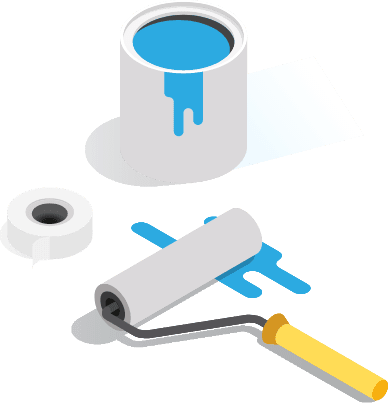
It’s a four-letter word – debt – but not necessarily a bad one. If used wisely, debt can help you achieve your financial goals. But used unwisely, debt can turn into monster that becomes difficult or even impossible to control.
The biggest mistake anyone can make is approaching every debt as equal. In fact, some debts are considered ‘good’ and others are considered ‘bad’.
‘Good debt’ refers to those debts that are used to invest in appreciating assets, such as property. By taking out a home loan, you can leverage your existing cash to build your personal wealth.
‘Bad debts’ on the other hand are those that have been procured to fund depreciating items that don’t add any real value to your financial situation, such as a car or a holiday.
This is where it can get confusing, since short-term bad debt doesn’t necessarily have to be a negative. By accumulating a credit rating you may be better positioned to take on good debt, such as a mortgage, in the future.
Ultimately, it is about managing both your good debt and bad debt to ensure you are in a position from which you can easily pay back debt.
In the long run, by eliminating bad debt, you’ll be in the best position to expand your investment portfolio or buy that new home you’ve been dreaming of.
If, unfortunately, you boast a rather large number of high interest bad debts that you cannot pay off easily, it may be worth consolidating these debts into one.
This may mean you can secure a single, lower interest rate. Even if you can’t, you will still only have to manage one lot of loan repayments as opposed to a whole plethora of bills.
To help cut down your bad debt fast, use these simple tips
1. Cut it up – the easiest way to ensure you don’t spend money you don’t have is to cut up your credit cards.
2. Get rid of the biggest debts first – these will be generating the most interest and are therefore costing you the most.
3. Consolidate – if you have more than one credit card consider consolidating these into one manageable debt. Also, consider shopping around for the best interest-free periods and special offers that may give you extra time to pay off the debts
4. Budget – Use a weekly or monthly budget to help manage your cash stream. Any additional savings you find should be put straight back into paying off your debts as soon as possible.








